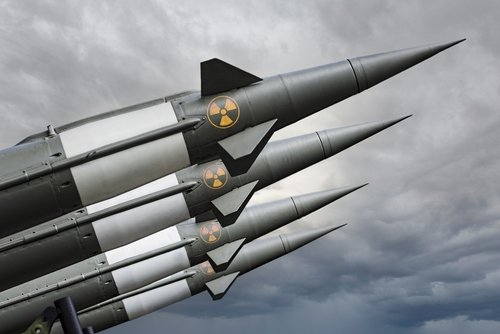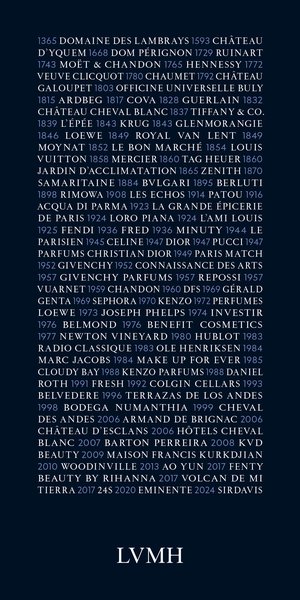
Can France "share" its nuclear deterrent? The idea regularly comes up in debate. But it is important to clarify the notion of "sharing". What exactly are we talking about? The employment decision? The nuclear budget? The means of deterrence? The associated risks and responsibilities? The field of possibilities can only be defined on the basis of such distinctions.
It is also important to consider two very different scenarios: one in which the United States officially maintains its nuclear protection of Europe; and one in which America has broken the transatlantic security contract. A scenario for which we must now prepare ourselves. The Franco-British Northwood Declaration (July 10, 2025), in which the two countries announced their intention to be able to “coordinate” their nuclear forces, is an important step in this direction.
A long-standing "European dimension"
The French nuclear program was never conceived as a strictly national project. In fact, when it began in 1952-1954, it was firmly rooted in an Atlanticist perspective: the aim was to enhance France's status within NATO. As for the European dimension, it was mentioned from the outset, with the so-called "FIG" (France, Italy, Germany) project of 1957-1958 (1).
Under the Fifth Republic, France never reserved its deterrence for the defense of a sanctuary, and it is wrong to have long equated it with the selfish defense of strictly hexagonal interests. De Gaulle made it known in private that France's nuclear force protected its immediate neighbors, notably Germany. In instructions given to the armed forces in 1964, he specified that France should "feel threatened as soon as the territories of Federal Germany and the Benelux countries are violated" (2).
The same year, Georges Pompidou, then Prime Minister, in an important but somewhat forgotten statement, declared publicly: "By the very fact that France is in Europe, its force [of deterrence] plays a full and automatic role for the benefit of Europe, whose defense is inseparable physically and geographically from its own, which is not the case for forces, even allied forces, outside the European continent" (3).
It would thus be completely inaccurate to claim that the Gaullist vision was that of protecting the French "sanctuary" alone.
As the 1972 White Paper made clear: "France is part of a web of interests that extends beyond its borders. It is not isolated. Western Europe as a whole cannot therefore fail to benefit, indirectly, from the French strategy, which constitutes a stable and decisive factor in European security. (...) Our vital interests lie on our territory and in its approaches. A few years later, Prime Minister Raymond Barre was even clearer: nuclear deterrence applies "essentially to our national territory, the heart of our existence as a nation, but also to its approaches, i.e. to neighboring and allied territories" (4).
The indirect contribution of French deterrence to the security of the Atlantic Alliance earned France official recognition of the value of its deterrent force (and that of the British) in the eyes of its allies in the Ottawa Declaration (1974): the existence …
This website is freely accessible. To continue reading, you need to register an account.
I already have an account
I create my account
This will be your personal account where you could consult anytime :
- Order history
- Links to purchased magazines, articles, or interviews
- Personal informations













